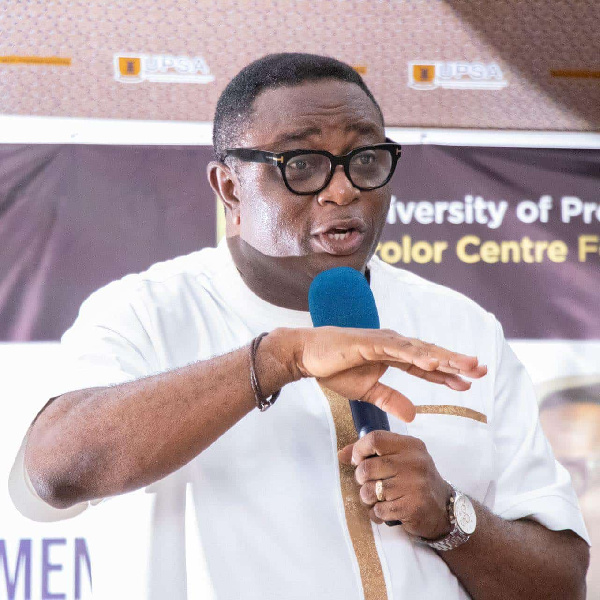A new directive from the Presidential Envoy for Interfaith and Ecumenical Relations, Elvis Afriyie Ankrah, has ignited a fiery debate within Ghana’s religious community.
The mandate, which requires spiritual leaders to submit sensitive prophecies about the nation and its leaders for review, is intended to curb the spread of fear and panic often associated with public pronouncements.
However, the move has exposed a deep divide among the clergy, with some welcoming the change while others raise serious concerns.
A Call for Order or a Recipe for Chaos?
The initiative aims to bring order to a chaotic prophetic landscape. Mr. Afriyie Ankrah stated that the directive is not an attempt to stifle spiritual expression but rather a way to manage messages that could have national security implications.
He referenced scriptures like 1 Thessalonians 5:20-21 and 1 John 4:1 to support his position, arguing that testing prophecies is a biblical practice.
“The Bible actually encourages review… All things are lawful, but not all things are beneficial,” he explained, noting that mature Christian communities already practice discernment.
This move follows recent prophecies about national events, including a helicopter crash.
The Catholic Perspective: Prophecy as a ‘Change of Heart’
For the Ghana Catholic Bishop Conference, the directive is a double-edged sword. While acknowledging its potential benefits, the Secretary-General, Reverend Father Clement Akwasi Adjei, expressed caution.
“This is beneficial for them, but for us Catholics, it is not ideal because many who call themselves prophets in Ghana have trivialized prophecy to merely predicting events like deaths,” Father Adjei told The New Republic. “We Catholics see prophecy as a message that inspires a change of heart.”
He further argued that true prophecy should be delivered privately to the individual, not broadcast publicly to create fear. He dismissed claims that public figures are unreachable, stating that such excuses are often used to justify fear-mongering.
The Warning of ‘Charlatans’ and ‘Frauds’
Prophet Dr. Nana Amankwah, founder of Life City Chapel, warned the government to be wary of individuals who might exploit the directive for personal gain. He cautioned that charlatans and frauds could use the new system to extract money and gifts from officials.
“The issue lies in determining who qualifies as a true prophet,” he said. “There is no physical way to measure someone’s authenticity.”
He stressed that true prophets must be evaluated on their character and consistency, not just their messages. He also warned against the nation making critical decisions, such as a week-long work stoppage, based on unverified prophecies.
Collaboration or Compromise?
Conversely, Bishop Stephen Akwasi Appiah of Kingdom Life Chapel International welcomed the directive, seeing it as a positive step for prophets and state officials to collaborate and prevent national disasters.
He urged prophets to deliver their messages with wisdom and respect, ensuring their prophecies guide rather than terrify.
The debate over this new directive is far from over, as Ghana’s religious and political leaders grapple with how to navigate the complex intersection of faith, governance, and public safety.
By Prince Ahenkorah


